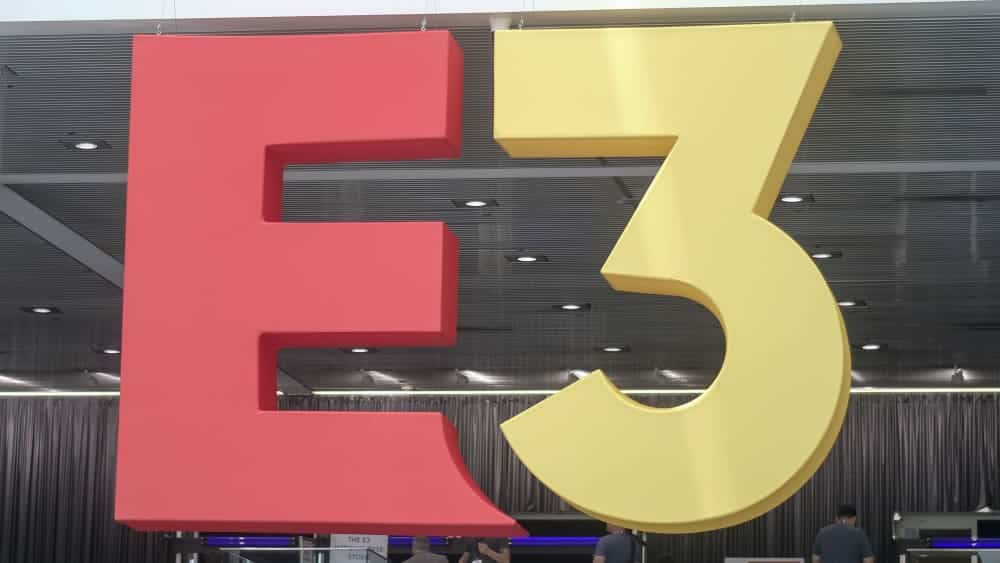In the past, there has always been bad news about E3. Now those responsible have drawn a line in the sand: the video game fair will no longer take place
1995 saw the very first edition of the Electronic Entertainment Expo (E3). 2021 was its last appearance. After two consecutive cancellations, those responsible drew a line in the sand and announced the end of the video games trade fair. “After more than two decades with E3 – each bigger than the last – it is now time to say goodbye” – that was all that was initially available to read.
No details were given about the exact reasons, except for a cryptic statement by Stanley Pierre-Louis, CEO Entertainment Software Association (ESA) in an interview with the Washington Post: “We know it’s difficult to say goodbye to such a popular event, but it’s the right decision given the new opportunities our industry has to reach fans and partners. ”
Cancellations again and again
In recent years, the negative headlines about E3 have not stopped. The trade fair was repeatedly planned as an in-person event after the end of the COVID restrictions, but nothing came of it. Similar to gamescom, the American counterpart also received cancellations from well-known companies. Nevertheless, Pierre-Louis emphasized to “Gamesindustry.biz” after the cancellation in 2023: “We will definitely listen and make sure that what we want to offer meets those needs, and in due course we will share further news.”
However, one of these “further updates” was bad news again in September. Organizer ReedPop and the ESA ended their collaboration. This meant the end of the Los Angeles Convention Center as a venue. This had been the home of E3 since 1995. It was therefore also uncertain whether the trade fair would take place at all in 2024. Most recently, there were rumors of a complete reorientation for 2025. However, this will not happen.
The status of leading trade fair will therefore finally fall to gamescom, which had to struggle with similar problems. However, the trade fair team in Cologne set the course early on and pushed ahead with the “festivalization” of the event after COVID.





